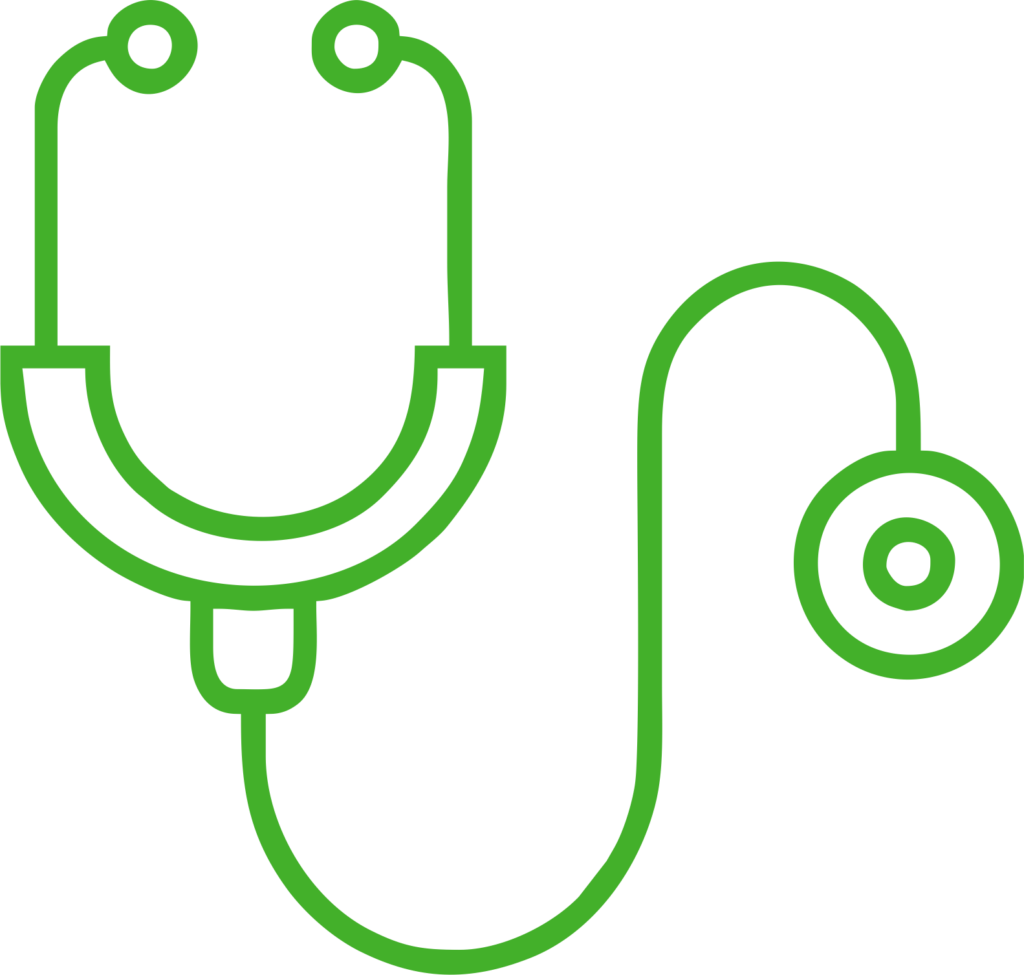Health & Safety

Health & Safety
Sierra Leone is a very safe country, and instances of crime targeting tourists are extremely rare. Having said that, please pay attention to your belongings especially around Freetown, the beaches and other crowded areas, as pickpocketing does occur. Walking around the beaches and the beach areas after dark is also not advised.Road traffic accidents are probably the biggest danger to travellers. Save for the Freetown-Bo highway and for some roads around the capital, road conditions in Sierra Leone are generally quite poor, safety belts are rarely worn, and drivers can be reckless.Rip currents can also be dangerous to travellers, especially if they are not used to ocean swimming – visitors are advised to read up on how to recognize rip currents. It is better to swim in secluded bays and lagoons, and always seek local advice before going surfing or swimming in the open ocean.All visitors to Sierra Leone are advised to arrange travel insurance prior to their departure, to cover them in case of illness, accidents or other mishaps.
Medical Risks
The Sierra Leone healthcare system is driven by government, private-sector healthcare stakeholders and NGOs, of which there are over 100 operating in Sierra Leone’s healthcare sector.There are some 80 hospitals operating in Sierra Leone, both private and public, while the First Responder Coalition of Sierra Leone provides rapid emergency medical response when required.Yellow fever and malaria are endemic to Sierra Leone, and epidemic outbreaks of disease including cholera, Lassa fever and meningitis do occur. Malaria transmission is most frequent during the rainy season, so it is recommended to take malarial tablets in case of visits to the country during that period.In 2014, there was an Ebola virus outbreak in Sierra Leone, but the country was declared Ebola-free in March 2016.Yellow fever vaccinations are required for all visitors arriving in the country, and routine checks are carried out at Lungi airport and other ports of arrival.



